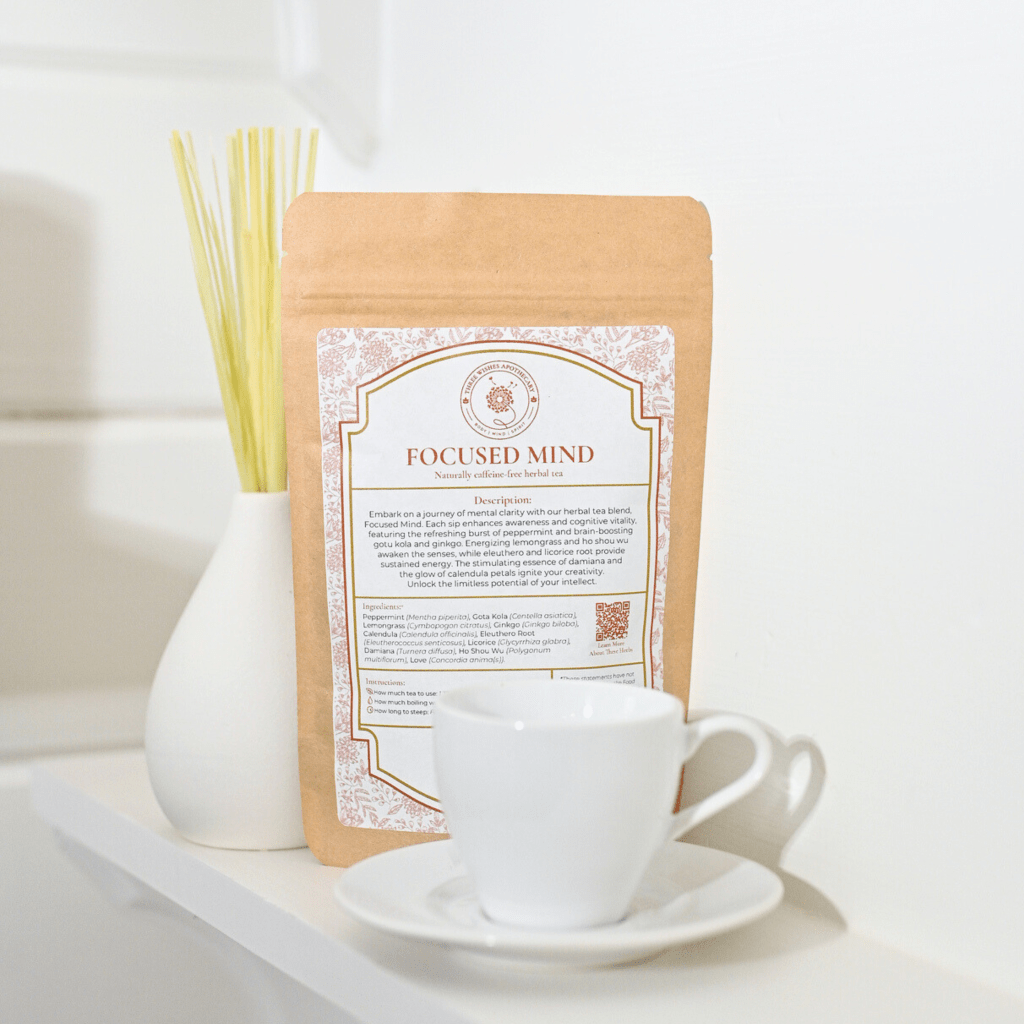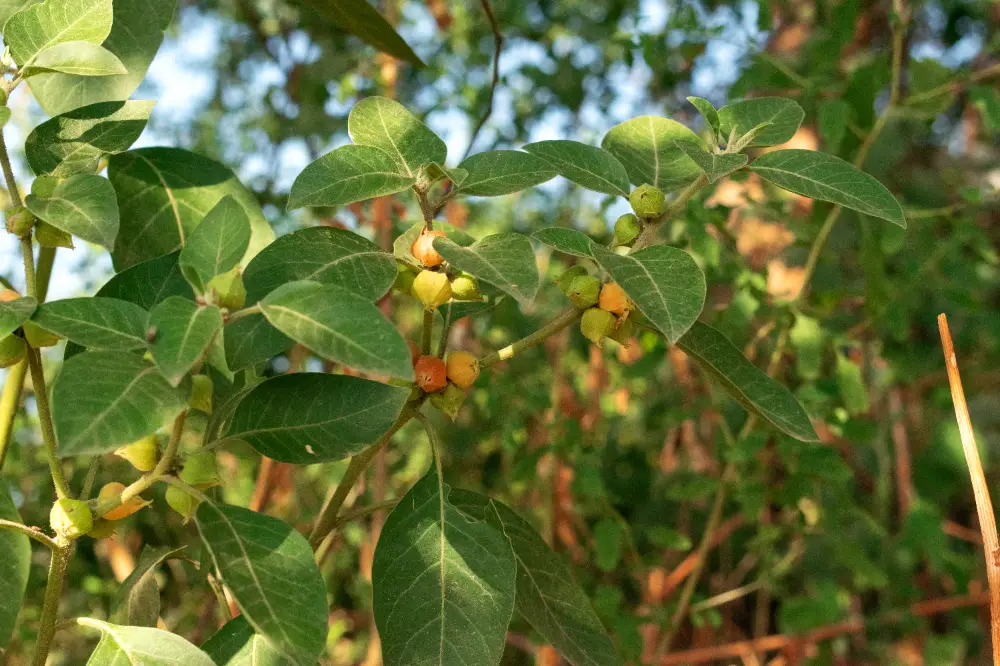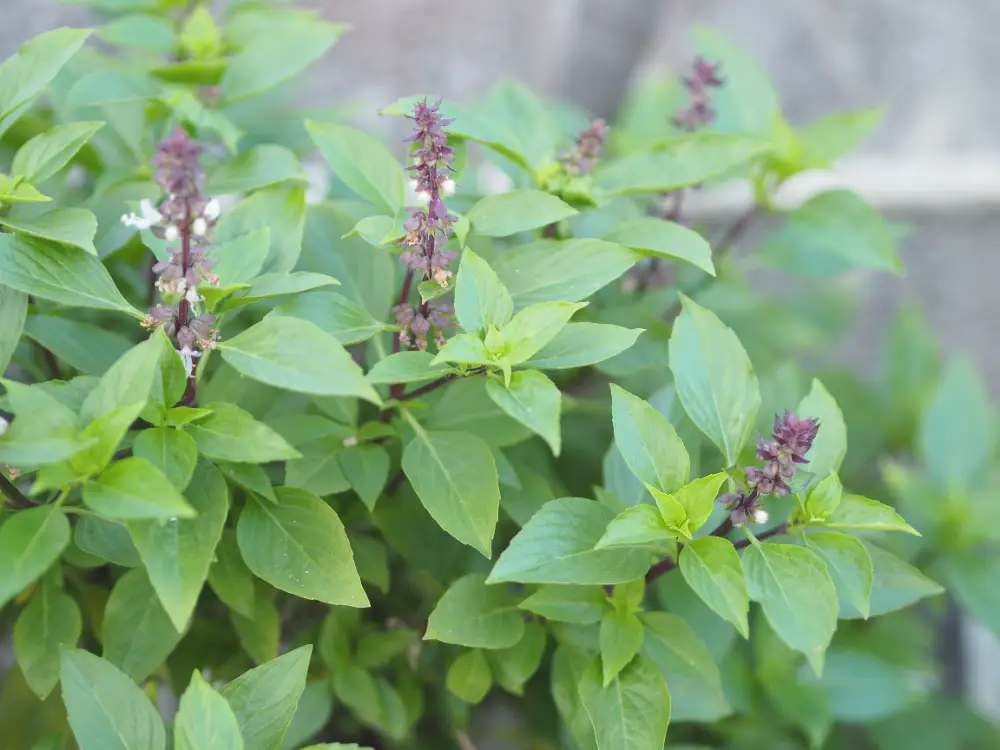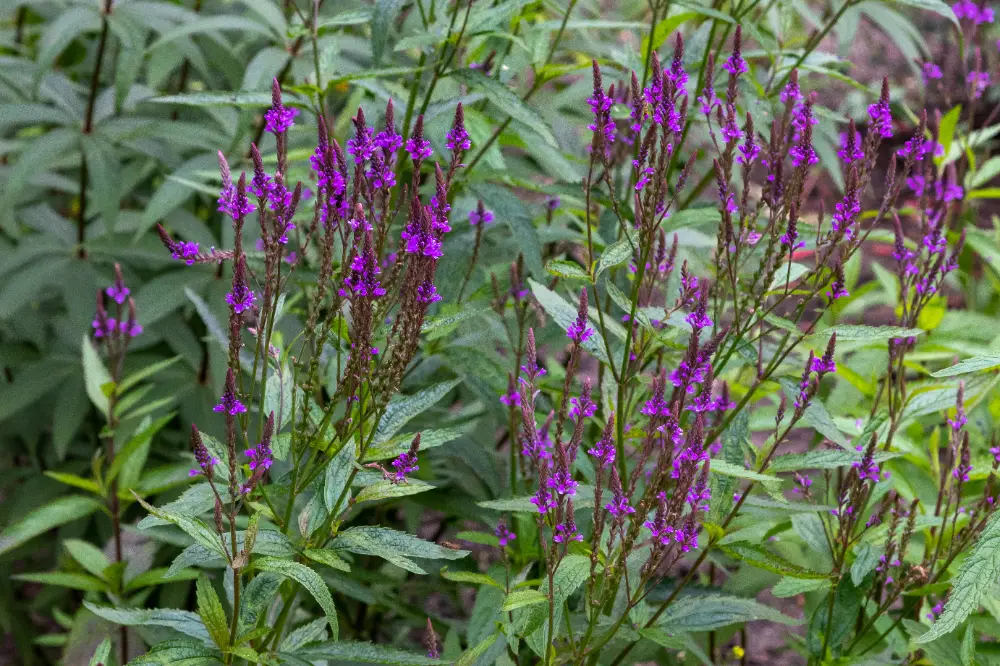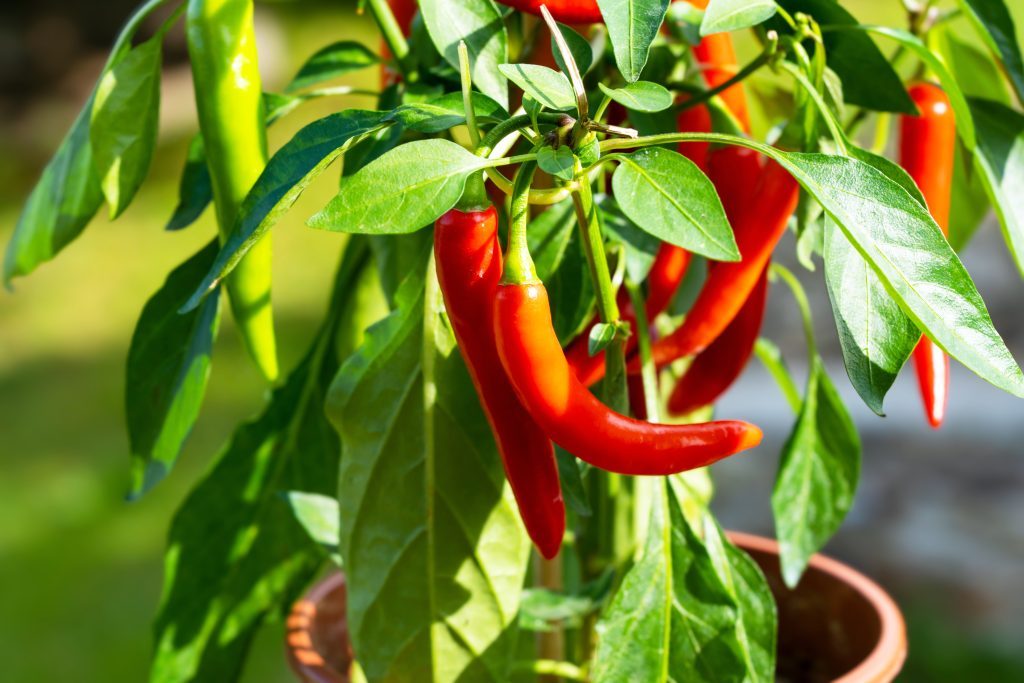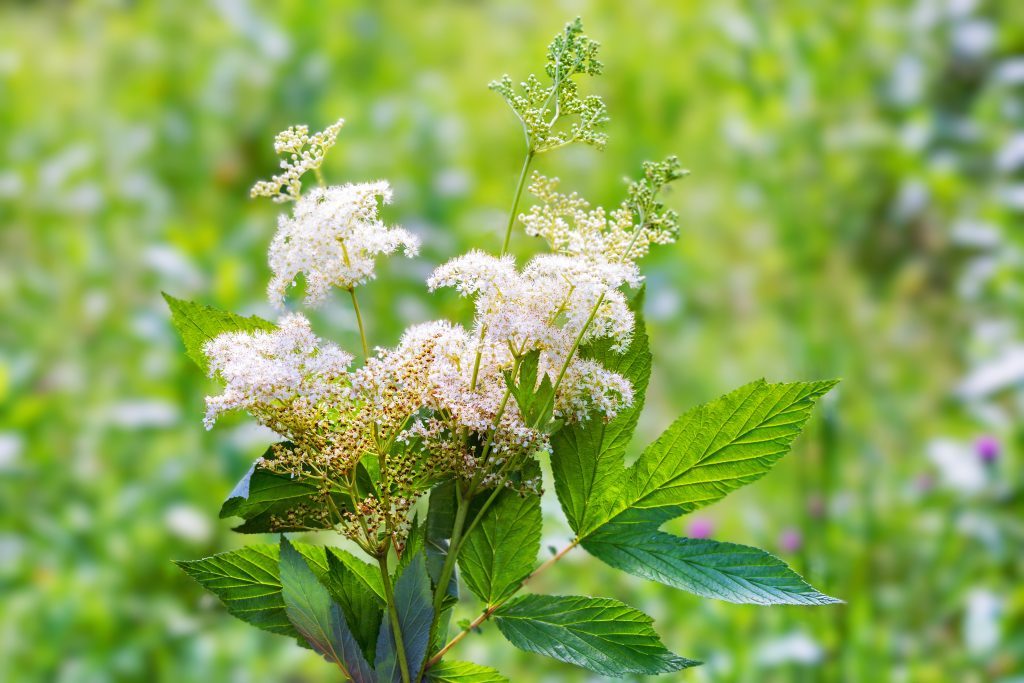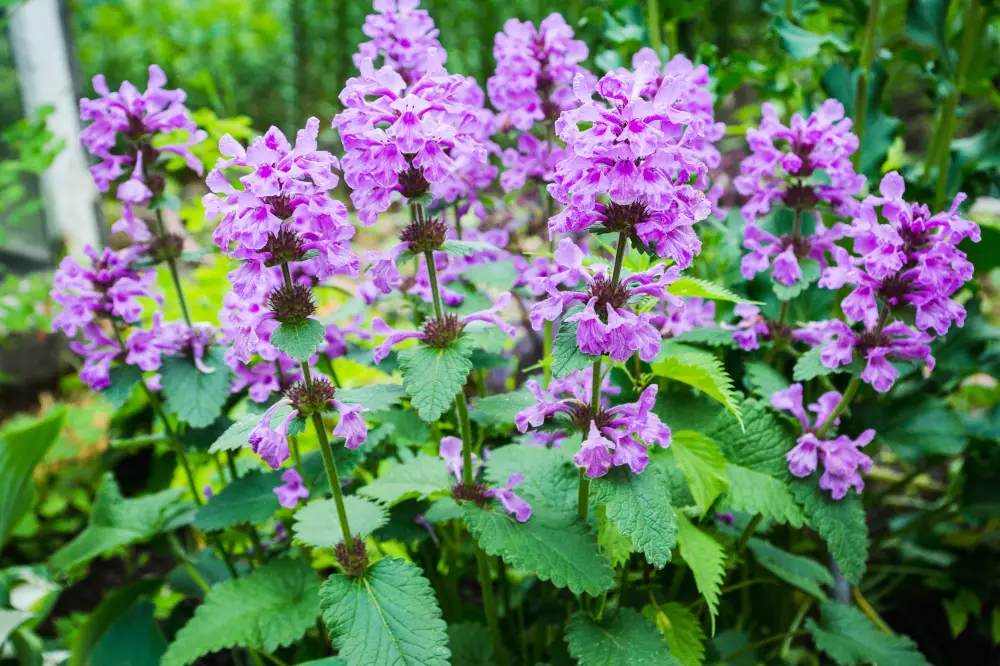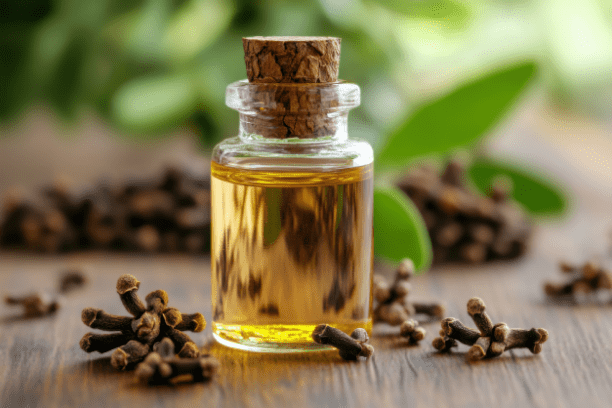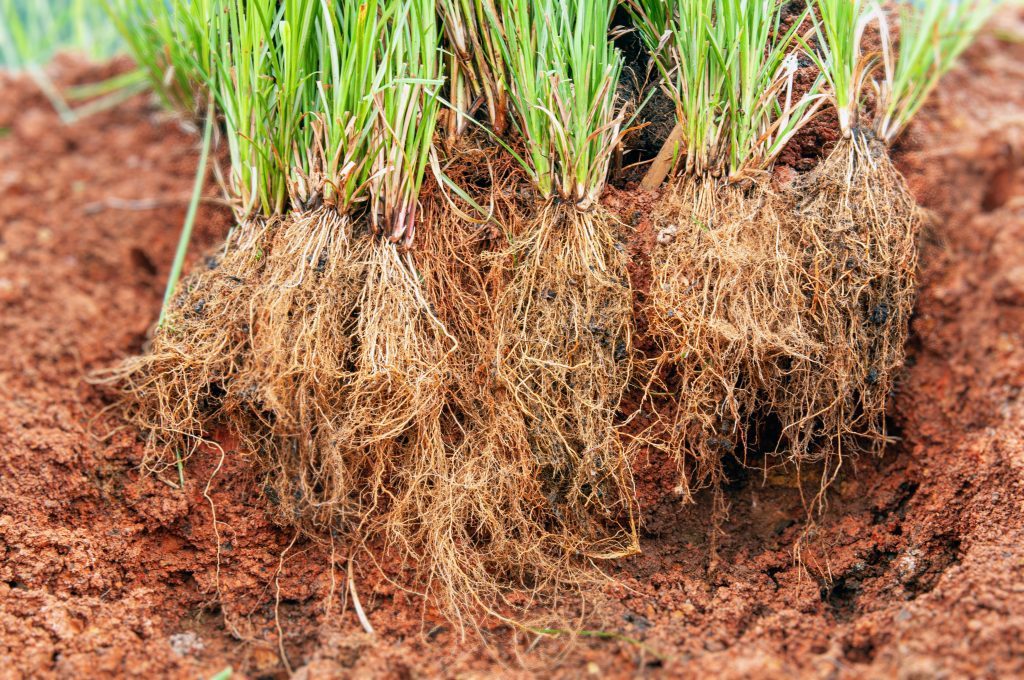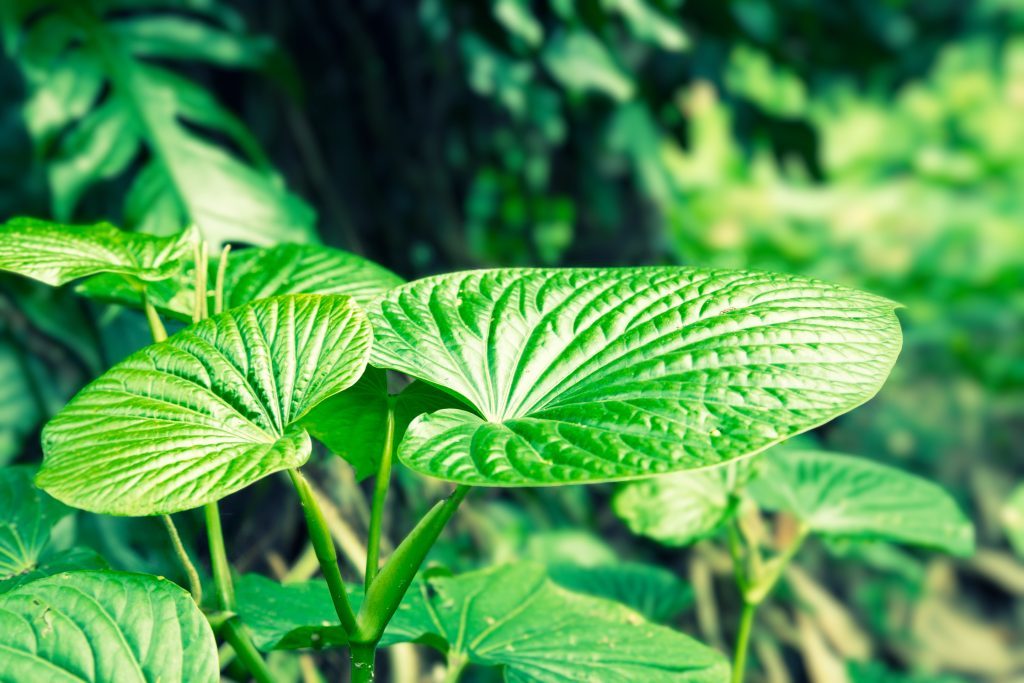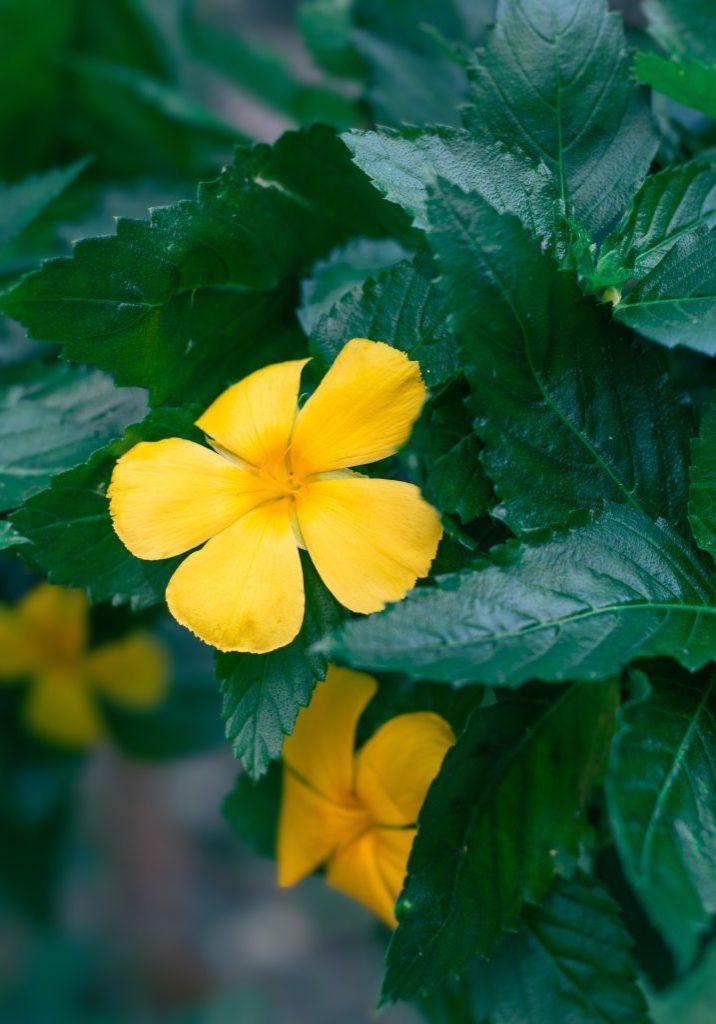
Damiana
Turnera diffusa
Passifloraceae (Passionflower family) (Previously: Turneraceae family)
Damiana is a small shrub native to Mexico and Central America, prized for its aphrodisiac properties.
Other names:
Mexican Damiana (Spanish: Damiana Mexicana), Old Woman’s Broom, Hierba de la Pastora (Spanish)
Superpower
Damiana’s ability to stimulate both body and mind, acting as an aphrodisiac, nervine, and mood enhancer. It is renowned for its ability to support sexual health and libido while also calming the nervous system and elevating mood.
Traditional Uses:
Damiana has been used traditionally by Indigenous cultures of Mexico and Central America as an aphrodisiac, tonic for sexual health, and a nervine to calm the nervous system. It was commonly used to treat issues of sexual dysfunction, libido imbalances, and anxiety. It was also employed for its ability to aid in digestive health, helping with constipation and indigestion.
Current Uses:
Today, damiana is widely used in herbal medicine as a mood enhancer, aphrodisiac, and mild stimulant. It is popular in formulas aimed at improving libido, sexual performance, and emotional well-being. Additionally, damiana is used to treat mild depression, anxiety, and digestive issues, including constipation and bloating.
Cautions
Toxicity
Large Doses:
Ingesting large quantities of damiana may lead to symptoms such as nausea, vomiting, and stomach irritation. Though rare, extremely high doses could cause central nervous system stimulation or convulsions.
Chronic Use:
Prolonged and excessive use may result in liver toxicity or negatively impact kidney function due to potential buildup of its active compounds, especially in sensitive individuals.
Contraindications
Pregnancy and Lactation:
Damiana should be avoided during pregnancy and breastfeeding due to insufficient research on its safety during these stages (above culinary amounts).
Hormonal Conditions:
Individuals with hormone-sensitive conditions such as breast cancer, uterine fibroids, or endometriosis should exercise caution with damiana, as it may influence hormonal activity.
Diabetes:
Damiana may have a blood sugar-lowering effect, and caution is advised for those with diabetes or individuals taking medications for hypoglycemia.
Interactions
Hypoglycemic Medications:
There is a theoretical risk that damiana’s hypoglycemic effect could interact with blood sugar-lowering medications, potentially leading to hypoglycemia. Regular monitoring of blood sugar is recommended if used alongside such medications.
No Other Known Drug Interactions:
Currently, there are no known drug interactions beyond theoretical concerns about its potential effects on blood sugar levels. May interfere with the absorption of various supplements & medications when taken simultaneously.
Known Chemical Constituents
Flavonoids:
- Apigenin, acacetin, pinocembrin
These flavonoids are responsible for damiana’s anti-inflammatory, antioxidant, and mood-enhancing effects, which support overall emotional balance and sexual vitality.
Essential Oils:
- Cineole, thymol, pinene
These volatile oils contribute to damiana’s antimicrobial and stimulant properties, helping to clear respiratory pathways and support cognitive function.
Cyanogenic Glycosides:
- Tetraphyllin B
Cyanogenic glycosides contribute to relaxation and mild sedative effects, making damiana useful for stress and anxiety management.
Tannins:
Tannins provide astringent properties, supporting the plant’s use for digestive health, skin conditions, and toning tissues.
Resins:
Resins have anti-inflammatory and healing properties, making damiana helpful in treating wounds and irritations when applied topically.
Beta-Sitosterol:
A plant sterol that contributes to damiana’s hormone-balancing and anti-inflammatory effects, particularly in relation to sexual health and libido support.
Starch (6%)
Hydroqinones:
- Arbutin has been used for its antiseptic and diuretic properties, particularly in treating urinary tract infections (UTIs). When ingested, it is metabolized into hydroquinone, which acts as an antimicrobial agent in the urinary tract.Both hydroquinones and arbutin are potent compounds with skin-lightening and antimicrobial effects, commonly found in cosmetic and herbal preparations.
Alkoloids
Bitter compound: Damianin is the primary active compound found in Turnera diffusa (Damiana), responsible for many of the herb’s medicinal properties. It is an amaroid, which means it is a bitter-tasting compound that stimulates digestion and appetite, and can have a tonic effect on the body.
Botanical Description
Growth Habit:
Turnera diffusa is a small shrub, typically growing to about 1-2 meters (3-6 feet) in height. It has a branching structure with smooth stems and dense foliage. The plant thrives in warm, arid regions, often found in Mexico, the Caribbean, and parts of Central and South America.
Leaves:
The leaves are small, oblong, and about 1-2 cm long. They are light green and have a slightly serrated edge. When crushed, the leaves emit a spicy, aromatic scent that is characteristic of the plant.
Flowers:
The flowers are small, yellow, and fragrant. They bloom year-round, producing a sweet, chamomile-like scent. Each flower consists of five petals and is attractive to pollinators.
Fruit:
The plant produces small fruits that are capsules containing tiny seeds. The fruit is sweet, adding to its attractiveness to birds and other wildlife.
Habitat:
Damiana prefers dry, rocky soils in sunny, arid environments. It is native to areas of Mexico, Central America, and the Caribbean.
Fun Facts
Damiana has a history of use in the creation of herbal liqueurs in Mexico. Known for its aphrodisiac qualities, it has been infused into spirits and celebrated in Mexican folk traditions as a drink to enhance passion and connection between lovers.
Parts Used
Leaves
Harvest
Best Time: The optimal time to harvest damiana is in late summer or early fall, when the plant is at peak potency and flowering.
Method: Cut the leaves and flowering tops, taking care not to damage the plant’s roots. The leaves should be dried in a cool, dry place before use.
Sustainability Note: Damiana is not endangered, but always harvest sustainably to support the plant’s ongoing health in its natural environment
Preparations
Tea/Infusion: Commonly used to address nervous tension and support digestion and libido.
Tincture: Extracted in alcohol for concentrated use in emotional or sexual health formulas.
Capsules: Taken for libido support, digestive health, and mood enhancement.
Smoking blends: Occasionally used in smoking blends for its calming and mood-enhancing effects.
Sacred Rituals
Create a sacred space infused with the aroma of damiana, and meditate on feelings of sensuality and passion.
Affirmations
“I open myself to the warmth of connection and the joy of passion. My mind and body are in harmony, thriving in love and balance.”
Spiritual Associations
Damiana is considered a plant of passion, frequently used in spiritual practices related to love, intimacy, and connection. It is sometimes burned or used in tea during love rituals to foster deeper connections, emotional healing, and sensual vitality. The plant’s aromatic nature also lends itself to use in meditative practices, supporting mental clarity and emotional balance.
Functions
A substance or agent that inhibits the growth of or destroys microorganisms, including bacteria, viruses, fungi, and protozoa.
AnxietyAnxiety is a psychological state characterized by excessive worry, fear, or nervousness, often accompanied by physical symptoms such as rapid heartbeat, restlessness, or difficulty concentrating.
AphrodisiacA substance or agent that enhances sexual desire, arousal, or pleasure.
Libido ImprovementLibido improvement refers to measures or substances that enhance sexual desire, arousal, or performance, supporting overall reproductive health and vitality.
Mood SupportMood support refers to interventions or substances that help stabilize, uplift, or enhance emotional well-being, promoting a balanced and positive mood.
NervineA nervine is a substance that supports the nervous system, promoting relaxation, reducing tension, or restoring balance to nerve function, depending on the herb’s specific properties.
Nervine relaxantA nervine relaxant is a substance that calms and soothes the nervous system, reducing tension, stress, and anxiety, and promoting a sense of relaxation and peace.
Overall Well-BeingOverall well-being refers to a state of physical, mental, emotional, and social health, where an individual feels balanced, fulfilled, and capable of thriving in daily life.
TrophorestorativeA substance that nourishes and restores balance to a specific organ or system, helping to rebuild its strength and promote optimal function over time.

